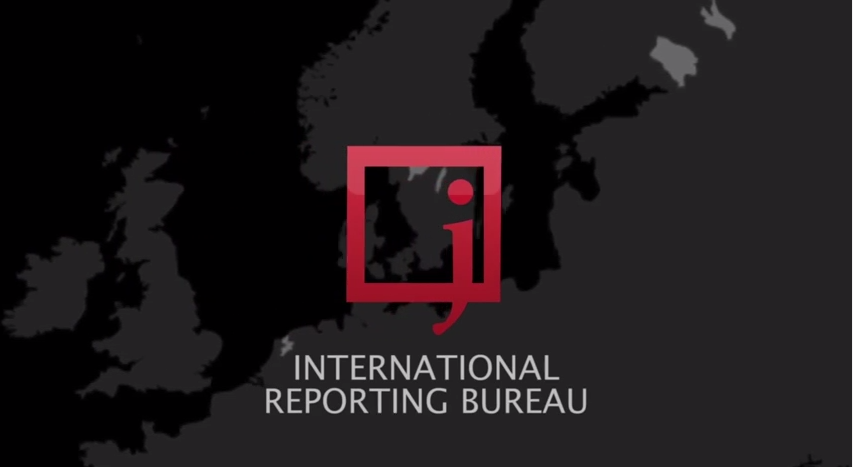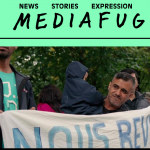Setting new safety standards for freelance journalists in conflict zones
Freelance journalists in conflict zones deserve the same concern from editors as staff, according to new principles signed by more than two dozen news organizations and press freedom groups.
by Marielle Torrefranca, for the International Reporting Bureau at Humber College
Freelance journalists operating in conflict zones deserve the same concern from editors as staff reporters and photographers, according to new safety and protection principles signed by more than two dozen news organizations and press freedom groups.
The provision is contained in a document of guidelines titled “A Call for Global Safety Principles and Practices,” and was released during a public event at New York’s Columbia University Graduate School of Journalism on Feb. 12. Recognizing the growing role—and vulnerability—of freelancers on the frontlines, the document lists 14 points of responsibility, equally split between freelancers and those who pay for their work. While independent journalists are urged to up their game on resources and training, the onus to pay for this is squarely placed upon those who hire them.
News organizations should offer the same degree of “safety training, first aid and other safety equipment, and responsibility in the event of injury or kidnap” to staffers, according to the principles published online by the Dart Center for Journalism and Trauma.
The voluntary standards were drafted by news executives, advocates, foreign correspondents and freelancers themselves. Initial signatories included The Associated Press, BBC, AFP, Bloomberg, Reuters, the Pulitzer Center for Crisis Reporting, Reporters Without Borders and several others.
It all started with a group of approximately seven volunteers who started the conversation in October, said David Rohde, an investigative reporter for Thomson Reuters, who was among the freelancers, editors and staff reporters in the group. The group emerged out of a foreign editor meeting hosted by AP and IPI in Chicago, and a meeting of the same topic hosted by Reuters in New York.
“I was struck at how there was a real concern. . .that there needs to be a new approach,” Rohde told J-Source in a phone interview.
The initiative follows from what the Dart Center statement calls “historic highs” of executions, kidnappings and imprisonment of journalists during the past two years.
Rohde himself was kidnapped by the Taliban in 2008 while researching for a book in Afghanistan. But the major catalysts for change were the deaths of journalists James Foley, Steven Sotloff and Luke Somers, killed while in the hands of kidnappers in Syria and Yemen, Rhode said.
“There needs to be a more coordinated response in terms of safety, in the wake of these terrible deaths.”
As of Friday morning, 26 agencies were on the list of signatory organizations, and it had already grown to 30 by the evening.
“There are many organizations reviewing the guidelines now and there’s no rush for them to sign on,” said Rohde.
A full list of the standards and principles can be found on the the Dart Center website.




